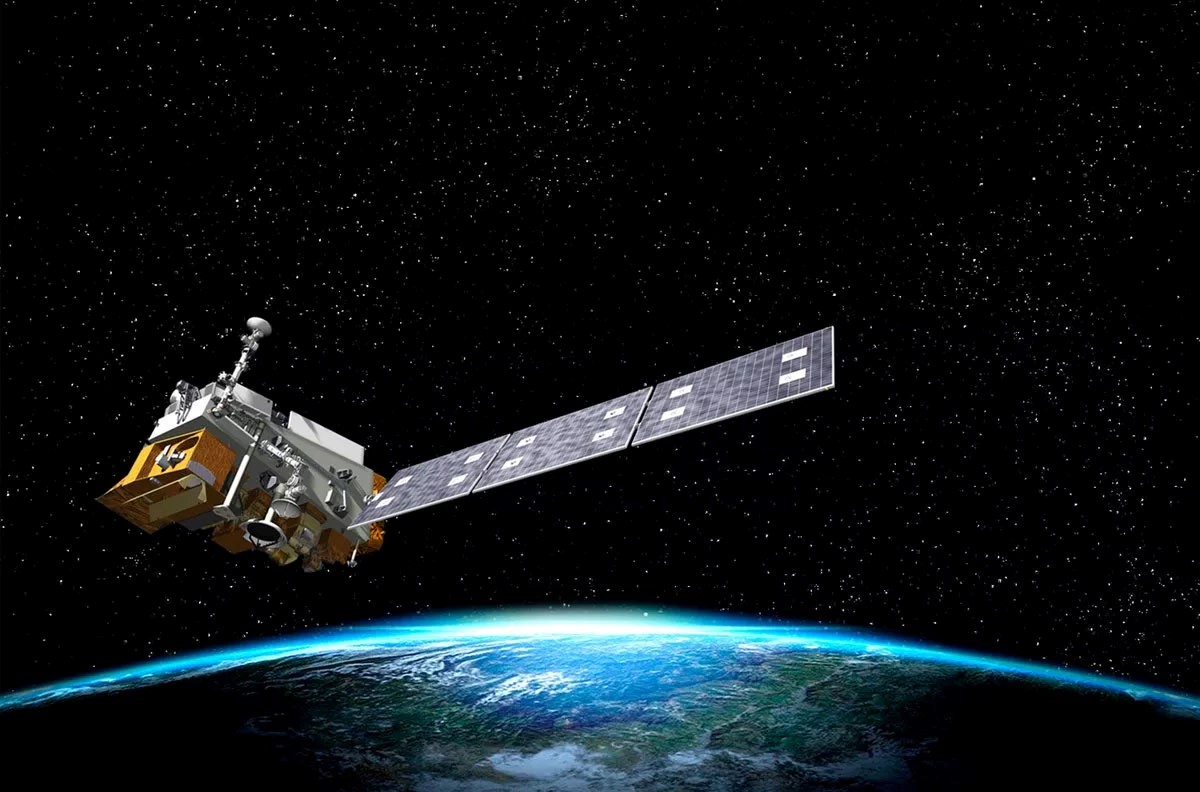News - University of Puerto Rico, Mayaguez Campus
NASA GLOBE Clouds Quarterly Update Available
Jan 27, 2023

As mentioned in a recent GLOBE Community Blog, created by NASA GLOBE Clouds Science Lead, Marilé Colón Robles posted that the NASA GLOBE Clouds Quarterly Update is available.
The update includes:
- NOAA-20 Announcement – In 2023, it will be possible for those using The GLOBE Program’s app, GLOBE Observer to match satellite observations with a new satellite. (Learn more about NOAA-20 and how to increase the chance to get a satellite match.)
- NASA GLOBE CLOUD GAZE Ended in 2022 -- After achieving an incredible number of sky photos’ classification, NASA GLOBE CLOUD GAZE has come to an end; however, you can learn about its success stories and download its data in this year-end report.
- Cloud Observation Tip: Cloud Iridescence – Cloud iridescence occurs when small water droplets or small ice crystals scatter the sun’s light, making clouds appear like cloud rainbows. (Learn more about cloud iridescence at NOAA’s Scijinks website.)
- Meet an Expert: Dr. Annette Bombosch – Dr. Annette Bombosch, co-founder of The Polar Collective, wants to help people realize that everyone can make a difference, no matter how small. Her organization links the polar science community and citizen scientists visiting the poles. One of the projects Dr. Bombosch and The Polar Collective supports is GLOBE Clouds!
- Science Topic: Are Northern Hemisphere Clouds Different than Southern Hemisphere Clouds? – Clouds in the southern hemisphere are different from those in the northern hemisphere due to their composition; more of the clouds observed were made of liquid water droplets. ( A recent research paper by Randez et al. studied clouds in both hemispheres and found that, yes, they are different.)
Would you like to reach the NASA GLOBE Clouds team? Use this contact page to send questions or comments. Thank you so much for all your observations!
To read the complete update, click here.
News origin: GLOBE Implementation Office





